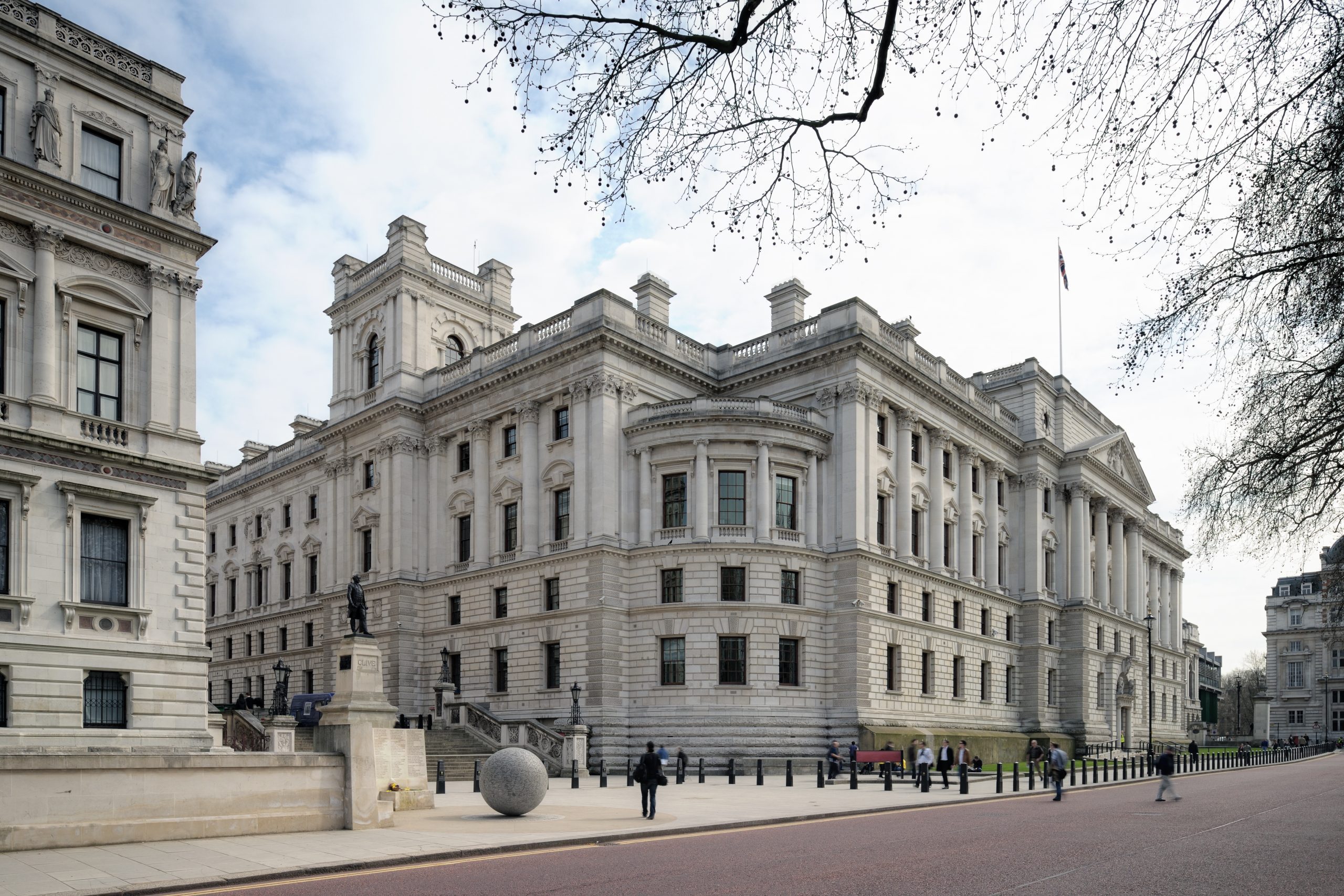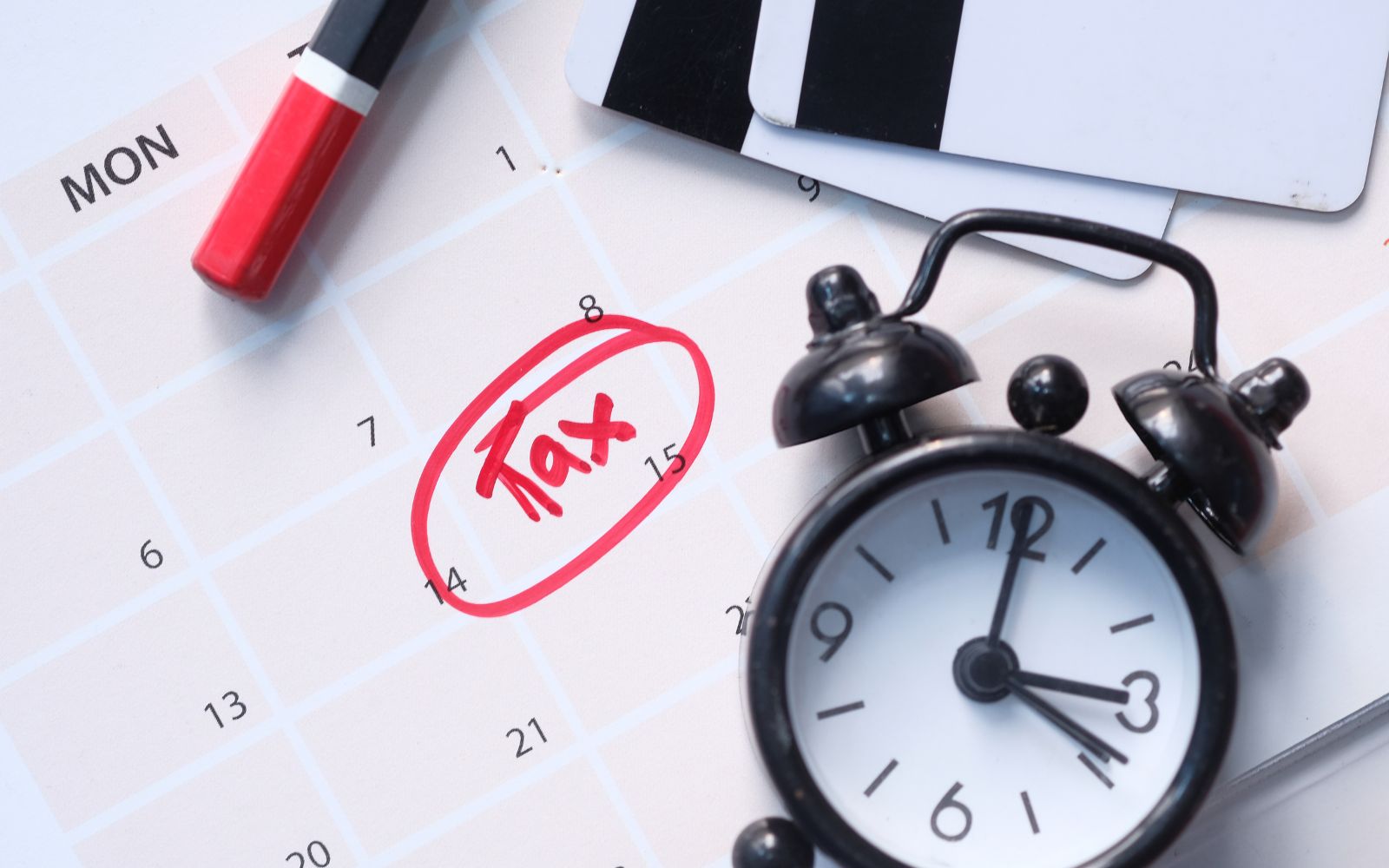Will Capital Gains Tax Increase In The March 2021 Budget?

Back in September 2020, the Chancellor postponed the Autumn budget announcement to 3rd March 2021, in order to focus on managing the COVID-19 crisis.
The now much anticipated March Budget announcement is expected to be a defining factor in the UK’s economic recovery from the pandemic.
Over £280bn were spent in economic support during the COVID-19 crisis, and the UK deficit is forecasted to reach £400bn this year. This means that Chancellor Rishi Sunak will be looking for ways to slim the deficit and stabilise the national finances.
One of the most rumoured solutions has to do with Capital Gains Tax (CGT).
CGT is a tax paid on the proceeds from the sale of valuable assets, including company shares: for example, Founders exiting their business.
Currently, the ordinary CGT rate on share sales is set at 20%, although it can be reduced to 10% in many instances, such as:
– When overall income is below £50,000;
– If within the £1m Business Asset Disposal Threshold (previously Entrepreneurs’ Relief);
– For SEIS/EIS qualifying shares.
Back in November, upon the Chancellor’s request, the Office for Tax Simplification published their first of two reports reviewing CGT titled: “Simplifying by Design“.
One of the report’s recommended changes to the current CGT regime involves aligning rates for capital gains to the ones for income tax.
This would be 20% for basic rate taxpayers, 40% for higher rate taxpayers and 45% to additional rate taxpayers.
Suggested CGT changes were met with strong criticism
While the stated purpose of a CGT review – making sure that “employees and owner-managers’ rewards from personal labour (as distinct from capital investment) are treated consistently” – seems fair, the proposed change was met with strong criticism by many.
Beauhurst, as well as many of their readers, outlined 3 main reasons why the policy would be unfair and counterproductive to the UK economy:
- it discourages entrepreneurship as a career;
- it would slow down high-growth companies, forcing Founders to pay themselves dividends rather than reinvest;
- it would highly discourage investment, further damaging the start-up ecosystem.
Another negative response to the proposed CGT changes came from E2E Founder Shalini Khemka and Lord Leigh of Hurley, who wrote in an open letter to the Chancellor:
“We recognise that any income we draw from our business should be taxed with income tax but we believe that the risk we took in starting and investing in a UK business, providing jobs and prosperity for others, should be recognised by an appropriate different rate of capital gains tax designed to encourage others to do the same. This will also encourage us to consider launching subsequent businesses, in due course.”
Another reason not to raise CGT is the UK’s attractiveness to both foreign investors and Founders. The UK is ranked among the top start-ups ecosystems in the world, and it is often regarded as “the easiest place to start a business.”
This is due to the combination of several key factors:
- Little or no bureaucracy;
- Favourable taxation;
- Good opportunities to raise investment;
- Presence of other start-ups (network effects).
But once 2/4 factors are removed from the equation, the UK may not come out as a strong or even viable choice for Founders as a home to their next company.
Moreover, a change in CGT policies wouldn’t only affect business owners, but also their ability to attract new talent. Equity-based remuneration packages such as EMI Share Options rely on CGT tax reliefs for employees which makes equity a tax-efficient alternative to salaries, which are usually heavier on early stage companies’ cash flow.
What is likely to happen in March
At the end of January, just over a month before the Budget announcement, Sunak said that he would stick to the Conservatives’ agenda, pledging not to raise Income Tax, VAT or National Insurance rates.
This move leaves him little room for manoeuvre, making CGT and Corporation Tax obvious candidates for a tax increase.
However, some experts say that CGT does not make up a significant portion of the UK tax revenue, so an increase wouldn’t be nearly enough compared to the scale of post-COVID public debt.
In the current situation, it seems quite likely that either CGT or Corporation Tax, if not both, will see some sort of increase.
Nonetheless, given Sunak’s pledge to support businesses throughout the pandemic and the subsequent recovery, it’s unlikely that this increase would be as high as some fear.
However, the Chancellor is now known for his “unprecedented” solutions to emergencies, so we’ll need to wait until the 3rd of March before making any assumptions.
The information available on this page is of a general nature and is not intended to provide specific advice to any individuals or entities. We work hard to ensure this information is accurate at the time of publishing, although there is no guarantee that such information is accurate at the time you read this. We recommend individuals and companies seek professional advice on their circumstances and matters.




